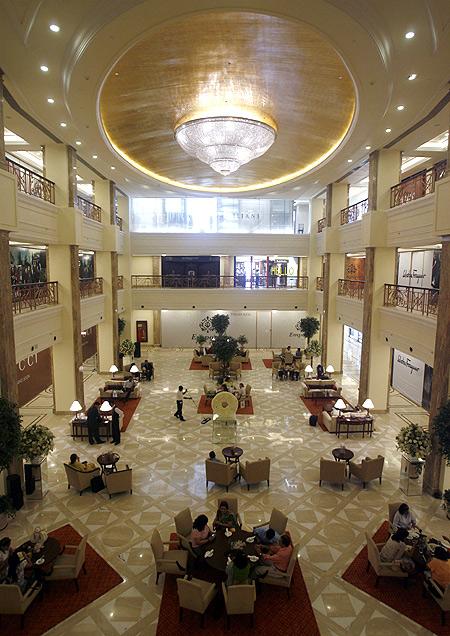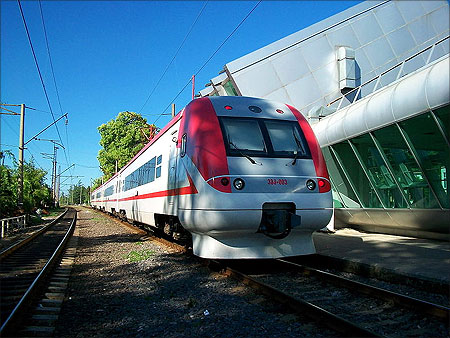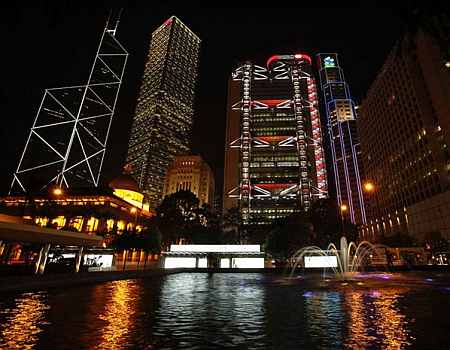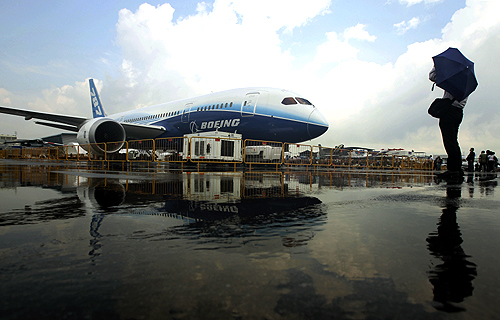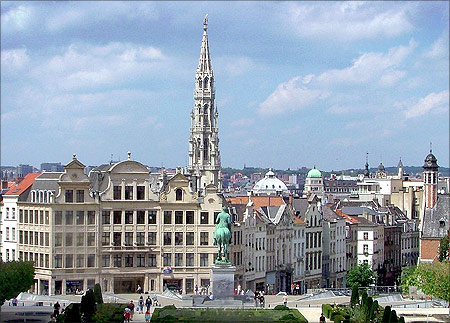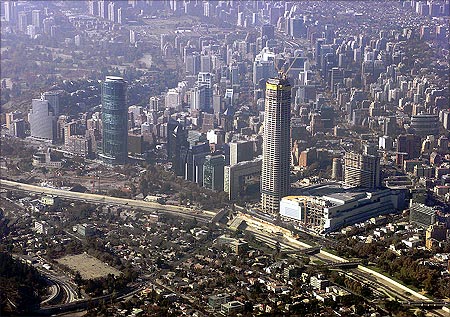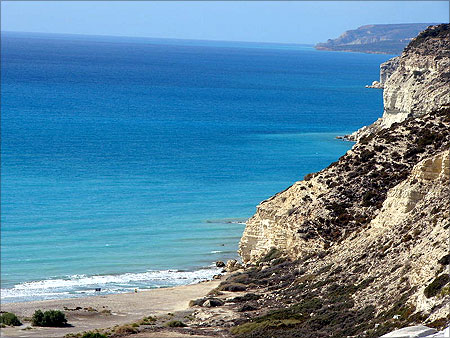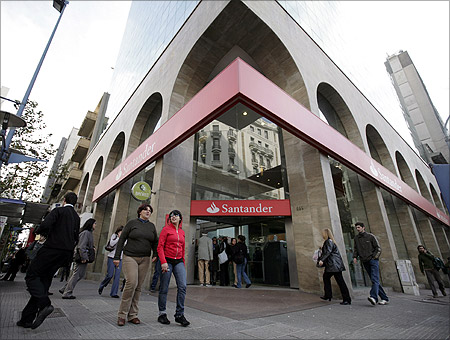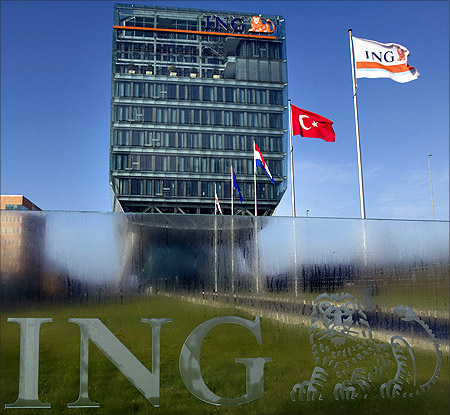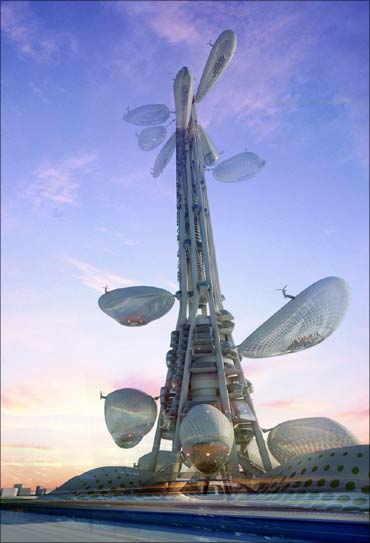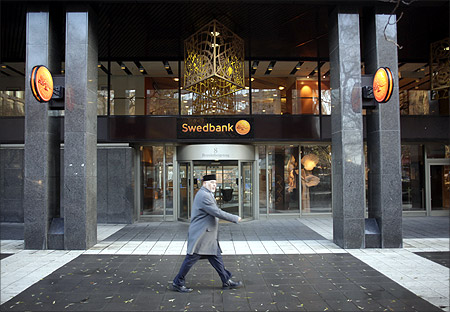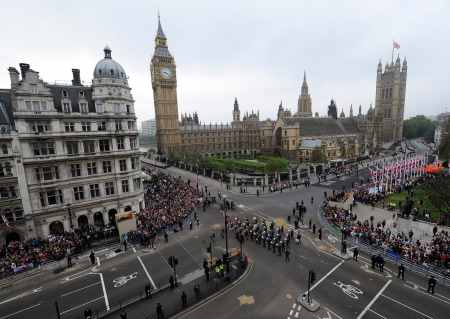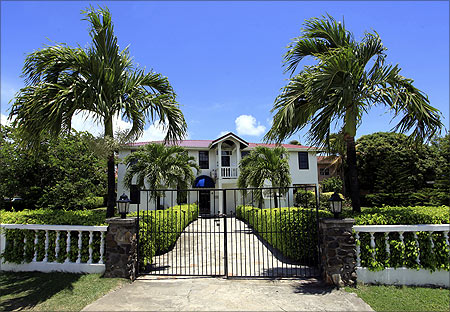 | « Back to article | Print this article |
It is easiest to start a business in these nations!
Entrepreneurs face severe challenges while starting a business as the regulatory framework is burdensome in many nations.
While it takes more than 200 days to complete licensing requirements and costs over 16 times the level of average annual income to start a business in India, it takes just a few days in other countries, according to the 2012 Index of Economic Freedom published by the Heritage Foundation and The Wall Street Journal.
In Pakistan, it takes 21 days to start a business.
Take a look at nations where it is easiest to start a business...
It is easiest to start a business in these nations!
New Zealand
Starting a business: 1 day
New Zealand's entrepreneurial environment is the most efficient and competitive among the economies graded in the Index of Economic Freedom.
Start-up companies enjoy great flexibility under licensing and other regulatory frameworks. With no minimum capital required for launching a company, it takes only one day to start a business.
Flexible labour regulations facilitate a dynamic labour market, increasing overall productivity.
Click NEXT to read more...
It is easiest to start a business in these nations!
Georgia
Starting a business: 2 days
The regulatory environment is efficient. It takes only two procedures and two days to start a business, and no minimum capital is required.
Reform of bankruptcy procedures and licensing requirements has slowed. The non-salary cost of hiring a worker is moderate, and regulations on work hours are quite flexible.
Click NEXT to read more...
It is easiest to start a business in these nations!
Hong Kong
Starting a business: 3 days
The regulatory environment is highly supportive of business efficiency. With no minimum capital required, Starting a business takes only three days.
The impact of installing a statutory minimum wage has been relatively subdued, with labor productivity far exceeding the low minimum wage rate enforced in 2011.
Monetary stability is well maintained, although inflationary pressures have increased. The government controls all land.
Click NEXT to read more...
It is easiest to start a business in these nations!
Singapore
Starting a business: 3 days
Starting a business takes only three days, and required procedures are streamlined.
There is no statutory minimum wage, but wage adjustments are guided by the National Wage Council.
The government influences prices through regulation and state-linked enterprises and can impose controls as it deems necessary.
Click NEXT to read more...
It is easiest to start a business in these nations!
Belgium
Starting a business: 3 days
The overall regulatory environment is efficient and transparent.
With the cost of establishing a company reduced, starting a business takes only three days and four procedures.
Although employment regulations have gradually become less burdensome, the non-salary cost of hiring a worker remains high.
Click NEXT to read more...
It is easiest to start a business in these nations!
Chile
Starting a business: 7 days
The overall regulatory framework facilitates entrepreneurial activity and productivity growth.
The time needed to start a business has been reduced to seven days from 22, with only seven procedures required.
Bankruptcy is relatively cumbersome and costly.
Minimum wage increases have exceeded overall productivity growth in recent years, but labour laws generally facilitate efficient hiring and dismissal procedures.
Click NEXT to read more...
It is easiest to start a business in these nations!
Cyprus
Starting a business: 7 days
The overall freedom to start, operate, and close a business is relatively well maintained within the regulatory framework.
With no minimum capital requirement, it takes only seven days to launch a company.
Relatively flexible labour regulations facilitate employment and productivity growth, although union power is quite strong.
The government mandates a minimum wage and controls prices of some agricultural products. Inflation is under control.
Click NEXT to read more...
It is easiest to start a business in these nations!
Uruguay
Starting a business: 7 days
Recent reforms have considerably enhanced regulatory efficiency.
It now takes five procedures and seven days to start a business, compared to 15 procedures and 65 days previously.
The cost of completing licensing requirements has also been reduced.
The non-salary cost of employing a worker is low, but restrictions on work hours are not flexible.
Click NEXT to read more...
It is easiest to start a business in these nations!
Norway
Starting a business: 7 days
The regulatory regime is highly efficient. Starting a business takes an average of seven days, compared to the world average of 30 days.
Obtaining a business license requires less than the world average of 16 procedures.
Bankruptcy proceedings are relatively simple. The labour market lacks flexibility, although the non-salary cost of employment is not high in comparison to other countries in the region. Monetary stability is well maintained.
Click NEXT to read more...
It is easiest to start a business in these nations!
The Netherlands
Starting a business: 8 days
The overall regulatory framework is transparent and competitive. Starting a business is subject to minimum capital requirements, but establishing a company takes only eight days in comparison to the world average of 30 days. Bankruptcy procedures are modern and efficient.
Labour regulations are relatively rigid, and the non-salary cost of employing a worker is high. Monetary stability has been well maintained, with very low inflation.
Click NEXT to read more...
It is easiest to start a business in these nations!
Taiwan
Starting a business: 3 procedures
The overall freedom to conduct business is well protected under the efficient regulatory environment.
Simplification of registration procedures has continued in recent years. Bankruptcy proceedings are fairly easy and straightforward.
With no minimum capital required for establishing a business, it takes only three procedures to start a company. The labour market lacks flexibility. Monetary stability has been well maintained.
Click NEXT to read more...
It is easiest to start a business in these nations!
Sweden
Starting a business: 3 procedures
Sweden's regulatory environment is highly efficient. The minimum capital requirement for limited liability companies has been cut in half, making it even easier to establish a company.
It takes only three procedures to start a business, compared to the world average of seven. Bankruptcy procedures are straightforward.
Labour regulations are among the most rigid in Europe.
Click NEXT to read more...
It is easiest to start a business in these nations!
Finland
Starting a business: 7 procedures
The efficient business framework is conducive to innovation and productivity growth. Starting a company takes less than the world averages of seven procedures and 30 days.
The labour market is characterised by high costs and burdensome regulations. The non-salary cost of employing a worker is high, and the severance payment system remains costly.
Click NEXT to read more...
It is easiest to start a business in these nations!
United Kingdom
Starting a business: 13 days
The efficient and transparent regulatory framework encourages entrepreneurship. With no minimum capital requirement, it takes 13 days to establish a business.
The labour market is relatively flexible. The non-salary cost of employing a worker is moderate, and severance payments are not overly burdensome.
Click NEXT to read more...
It is easiest to start a business in these nations!
St Lucia
Starting a business: 15 days
The regulatory environment fosters private-sector development. Establishing a business is not time-consuming or costly, and licensing requirements are not burdensome.
There is no minimum capital requirement, and it takes half of the world average of 30 days to start a business. Labour regulations are flexible.
